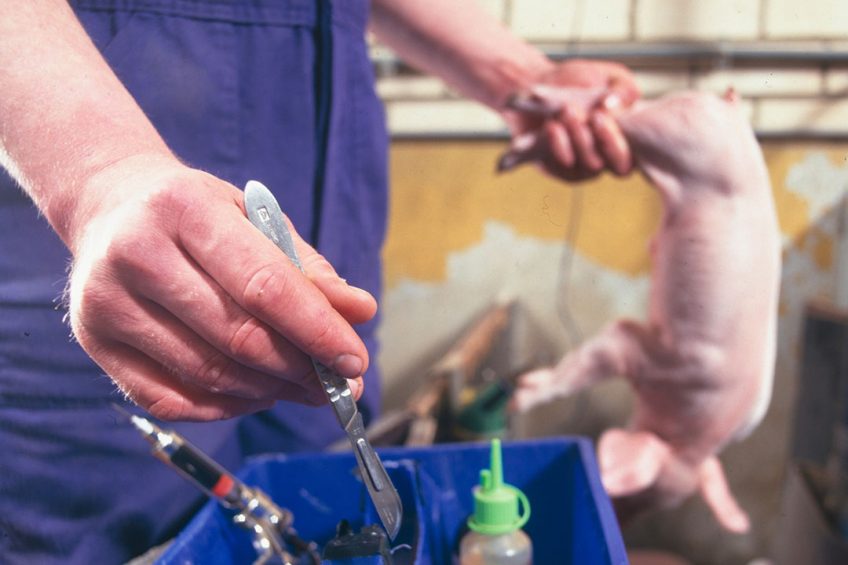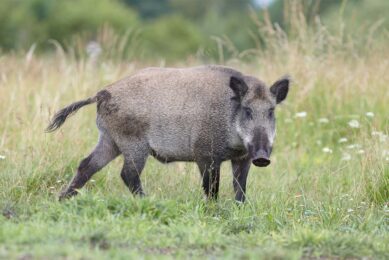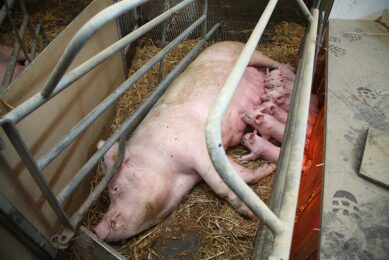Wanted: Your experience with pig castration

Piglet castration is an ambiguous practice – on one side nobody likes it, yet stopping the practice or offering pain relief appears difficult to achieve in many countries. Health and welfare expert Dr Monique Pairis-Garcia and her colleagues at North Carolina State University would like to understand why – and are looking for your experiences and motives.
Surgical castration is a painful husbandry procedure performed on piglets within the first week of life to improve meat quality. In the United States alone, approximately 94 million piglets will be castrated on an annual basis.
Participate in the online survey
To date, the US maintains no state or federal legislation requiring that pain relief be provided to piglets at castration and in fact, there is not Food and Drug Administration (FDA) approved pain-relieving drug specific for pigs labelled or available in the US currently.
Pain management protocols on swine farms
Therefore, veterinarians and producers in the US face great challenges when implementing pain management protocols on-farm. United States vets and producers are not alone, although pork-producing countries around the world have better access to pharmaceutical drugs to manage pain; many of these countries have yet to effectively implement pain management for all castration.
Plans and ideas in Europe
Under the ‘European Declaration on alternatives to surgical castration of pigs’, swine producers were required by 2012 to castrate piglets using prolonged analgesia and/or anaesthesia, and by 2018, surgical castration should have been phased out altogether.
However, this has not been the case as demonstrated by a 2016 survey conducted which revealed more than 80% of male pigs are still castrated, and only 5% of this castrated population received anaesthesia and analgesia.
Barriers to pain management for pigs
Given the lack of implementation of pain management for piglet castration, our group at North Carolina State University (NCSU) is interested in better understanding and identifying the barriers preventing proper pain management on-farm. Therefore, NCSU is conducting research on the use of pain control drugs on-farm. The goal of this research study is to gain a better understanding of the use of pain management drugs throughout the global swine industry.
We are looking for individuals within the swine industry from all across the globe that have experience with pig care on-farm to participate in a 15-minute, online survey. Participants will be asked questions about the use of anaesthetics and analgesics for pain management in pigs.
If you would like to participate, just click the button.
 Beheer
Beheer









 WP Admin
WP Admin  Bewerk bericht
Bewerk bericht